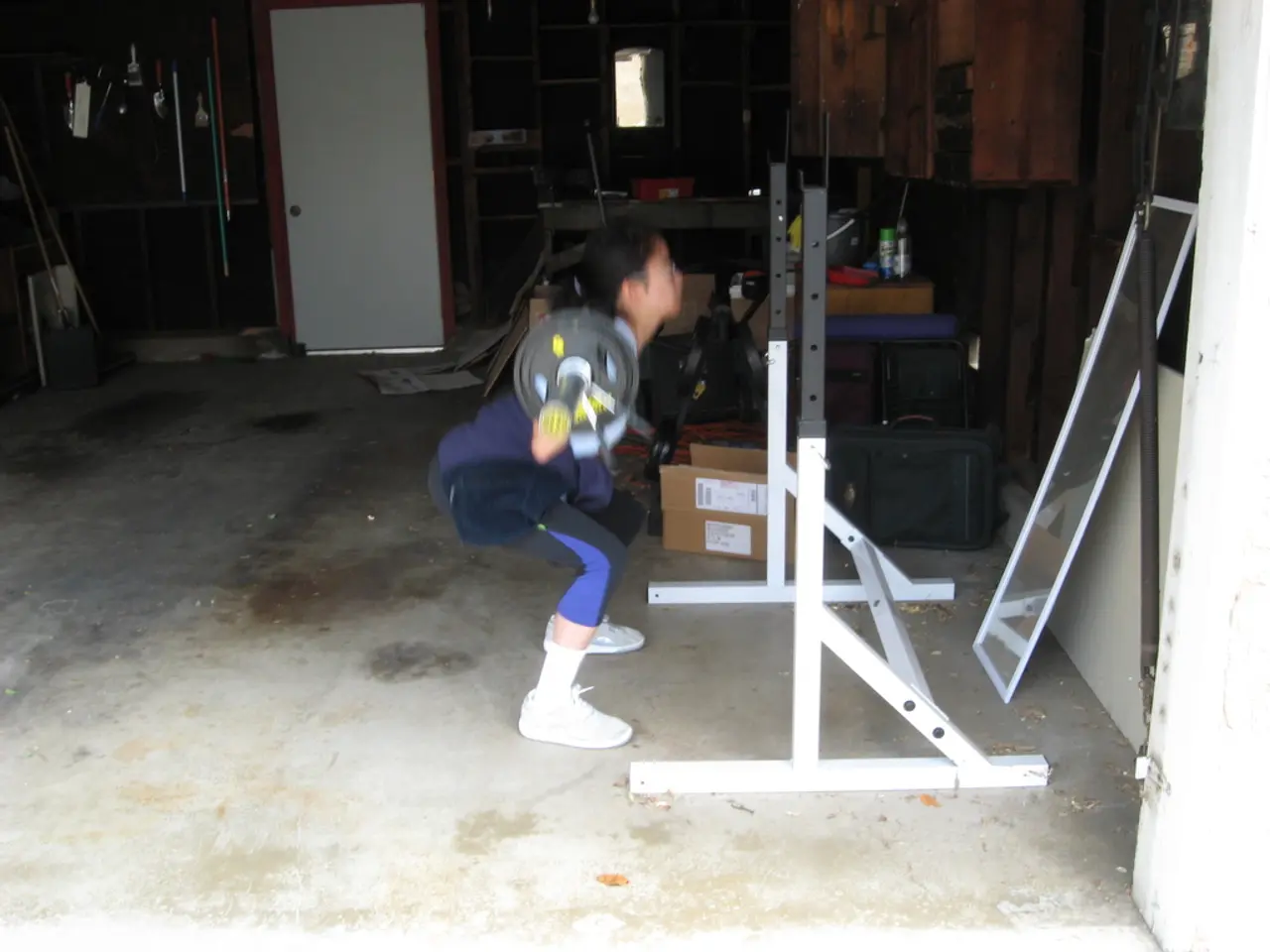"Stunned by findings": Psilocybin exhibits potential anti-aging effects in preliminary research
In a groundbreaking development, researchers have discovered that psilocybin, the main psychoactive ingredient in magic mushrooms, may possess significant anti-aging properties. This finding, based on recent studies, suggests that psilocybin could impact the fundamental biology of aging, with potential implications for the treatment of age-related diseases.
The studies, conducted on both human cells and aged mice, have shown promising results. Psilocybin has been found to extend the lifespan of human cells by more than 50%, with some studies reporting an extension of up to 57% depending on the dosage[1][2][3]. In aged mice, equivalent to about 60–65 human years, psilocybin administration led to a 30% increase in survival compared to controls, with treated mice displaying healthier physical features, such as improved fur quality and reduced graying[1][3].
One of the key mechanisms behind psilocybin's potential anti-aging effects is its ability to preserve telomere length, the protective caps at the ends of chromosomes that naturally shorten with age. By helping to maintain telomere length, psilocybin may delay cellular senescence and protect against age-related diseases such as cancer, neurodegeneration, and cardiovascular disease[1][2][3].
Psilocybin has also been associated with reduced oxidative stress, a major contributor to aging, and enhanced DNA repair mechanisms in cells[1][2][3]. These effects are consistent with improved cellular resilience and longevity.
The "psilocybin-telomere hypothesis" proposes that psilocybin may slow aging by maintaining telomere length beyond the point where they would typically degrade, thereby delaying cellular senescence and dysfunction[4]. This effect could be mediated by reduced oxidative stress, enhanced DNA repair, and modulation of longevity-associated pathways like SIRT1[3].
While these findings are promising, it is important to note that they are based on cell culture and animal models. No clinical trials in humans have yet confirmed these anti-aging effects[2][3]. Researchers emphasize the need to better understand the mechanisms by which psilocybin influences systemic aging, optimize dosing protocols, and rigorously assess potential adverse effects before any clinical application[2][3].
The study, published in the journal npj Aging on July 8, provides the first experimental evidence of psilocybin's potential anti-aging properties. However, future research should investigate optimal doses to use in humans and potential risks, according to Hecker.
In conclusion, current research demonstrates that psilocybin can extend the lifespan of human cells in vitro and improve survival and healthspan in aged mice, likely through mechanisms involving telomere preservation, reduction of oxidative stress, and enhanced DNA repair[1][2][3]. These findings position psilocybin as a potential candidate for anti-aging interventions, but robust clinical trials are essential to validate these effects in humans and establish safe, effective treatment protocols[2][3].
Psilocybin, the main psychoactive ingredient in magic mushrooms, may extend the lifespan of human cells by more than 50%, potentially impacting the fundamental biology of aging and treating age-related diseases such as cancer, neurodegeneration, and cardiovascular disease. In human studies, psilocybin's anti-aging effects are believed to be mediated by maintaining telomere length, reducing oxidative stress, and enhancing DNA repair mechanisms, suggesting a delay in cellular senescence and a possible contribution to health-and-wellness in the aging process. However, it's crucial to conduct clinical trials in humans to confirm these anti-aging effects, optimize dosing protocols, and assess potential risks before implementing any treatment strategies, in line with recent research findings in the field of science.




